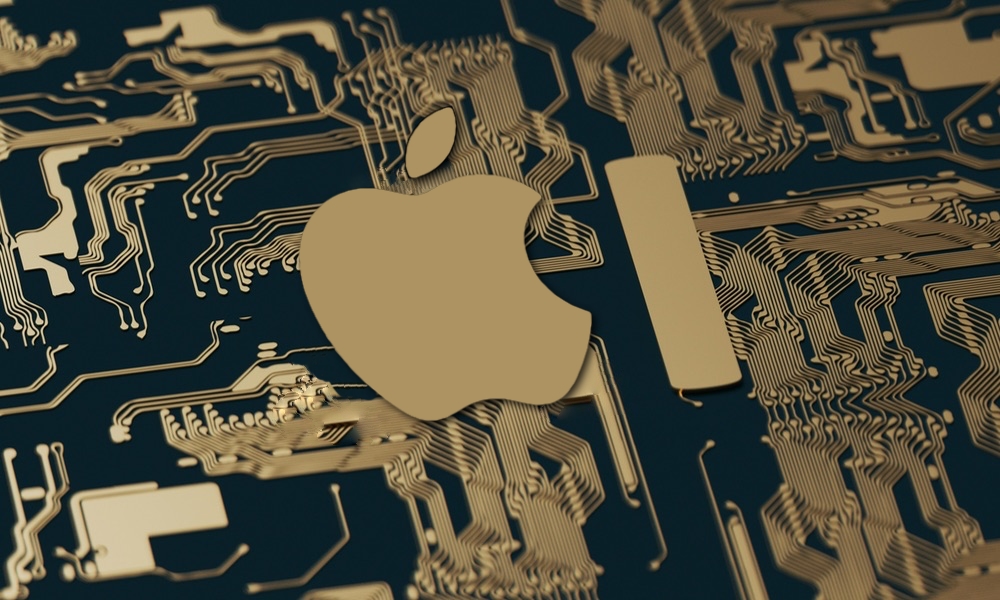Third-Party Apps May Get Access to Apple’s AI in iOS 19
 iDrop News / Unsplash+
iDrop News / Unsplash+
Toggle Dark Mode
Apple is set to unveil iOS 19 in less than three weeks. While we expect it to feature the most significant design overhaul in over a decade, we’ve also been hearing that it will be somewhat lacking in user-facing Apple Intelligence features.
Last year’s Worldwide Developers Conference (WWDC) Keynote featured a big dog and pony show to unveil “AI for the rest of us” — Apple’s new foray into artificial intelligence features. However, a year later, there’s a sense that Apple has overpromised and underdelivered on these. That’s not to say that features like Writing Tools and ChatGPT integration aren’t helpful, but Apple also has yet to deliver the most interesting feature it promised for iOS 18: a more intelligent and personal Siri voice assistant.
That’s supposed to arrive sometime in iOS 19. However, the consensus from most insiders is that it will be closer to the end of that version’s lifecycle, possibly not landing until iOS 19.4 around this time next year. As a result, Apple isn’t expected to say too much about Siri at this year’s WWDC (once bitten, twice shy), but that doesn’t mean it won’t be working hard on it behind the scenes.
Those efforts may not leave much room for other Apple Intelligence features — at least not bold user-facing ones like Image Playground. There’s a good chance Google Gemini will join ChatGPT as an alternative AI extension, but that’s more about Google than Apple, and it’s ultimately just a different back-end. There are also reports that Apple may utilize AI to enhance battery life, but it remains unclear whether this will be a visible feature or an under-the-hood improvement.
Apple is also still working on using AI to create a more sophisticated Health app with deeper analysis of health metrics, wellness coaching, and possibly even an “AI doctor service.” This is another project that’s unlikely to be ready before next year, but it’s not entirely clear how much it’s been pushed back by Apple’s other AI delays.
With Apple’s attention focused on completing the features it has already promised, it’s hoping to pass the baton to third-party developers to carry on the work by incorporating Apple’s AI models into their own apps, potentially triggering a renaissance of AI features in the iPhone ecosystem.
The news comes from a report yesterday by Bloomberg’s Mark Gurman, who’s been told by reliable sources that Apple is opening up its AI frameworks in iOS 19 and working on a companion software development kit (SDK) to empower developers to build AI features based on the large language models (LLMs) used for Apple Intelligence.
Apple Intelligence already powers iOS and macOS features such as notification summaries, text editing and basic image creation. The new approach would let developers integrate the underlying technology into specific features or across their full apps. To start, Apple will open up its smaller models that run on its devices, rather than the more powerful cloud-based AI models that require servers.
Mark Gurman
Since WWDC is ultimately a developer’s conference, it makes sense that Apple wants to unveil this as part of its keynote on June 9 and likely release the SDK that same week alongside sessions to teach developers how to use it to its fullest. In fact, Gurman says it’s “expected to be one of the highlights of the developers conference,” although he still believes it will be overshadowed by the overhauled designs of iOS, iPadOS, and macOS.

While third-party apps can take advantage of Apple Intelligence features in iOS 18, they’re limited to integrating the tools that Apple has already built. For instance, an app can access Writing Tools to refine text or call up Image Playground to create a graphic. However, they can’t tie directly into Apple’s on-device AI models, which forces them to rely on technology from other parties, such as Google’s TensorFlow. Apple’s Core ML developer framework helps power these on-device AI models, but developers still need to incorporate them into their apps.
Opening up Apple’s LLMs would remove much of the friction in integrating AI capabilities into everyday iPhone and iPad apps, as they could leverage the AI models already built into Apple’s operating systems. These models are designed to work more seamlessly and efficiently compared to third-party solutions. Gurman believes that Apple views this new framework as comparable to the original App Store from 2008, which launched the modern mobile app era by enabling developers to easily create apps using its iPhone technologies and software frameworks as building blocks.
By offering its models and making them simple to integrate, Apple is poised to turn its operating systems into the largest software platforms for AI.
Mark Gurman
This is something Apple has been planning to do for a while. In the weeks leading up to last year’s WWDC, reports surfaced of Apple’s plans to open an “AI App Store.” Like many of the leaks we hear about, this has yet to materialize, but it doesn’t mean it wasn’t on the roadmap. Apple undoubtedly hopes these new third-party AI frameworks will be the first step to a next-generation App Store focused on offering the best AI apps.
[The information provided in this article has NOT been confirmed by Apple and may be speculation. Provided details may not be factual. Take all rumors, tech or otherwise, with a grain of salt.]








